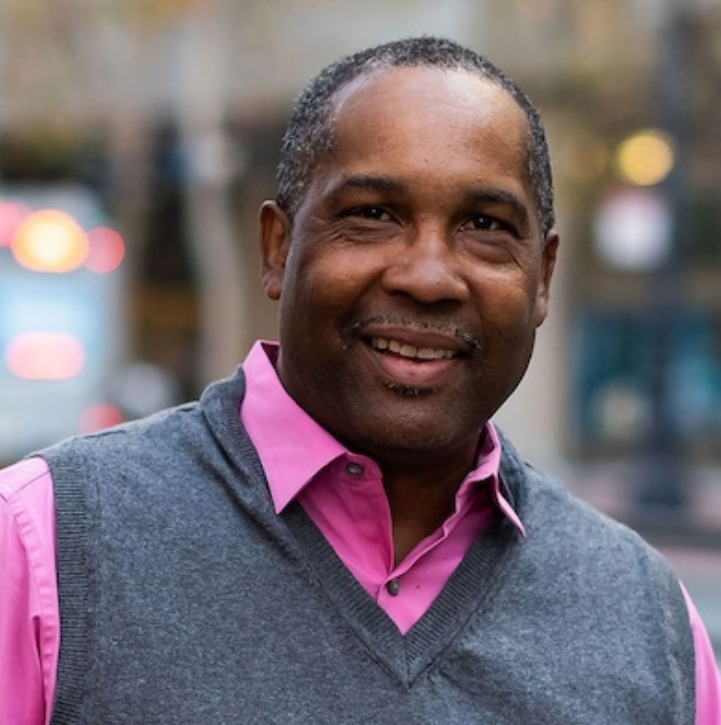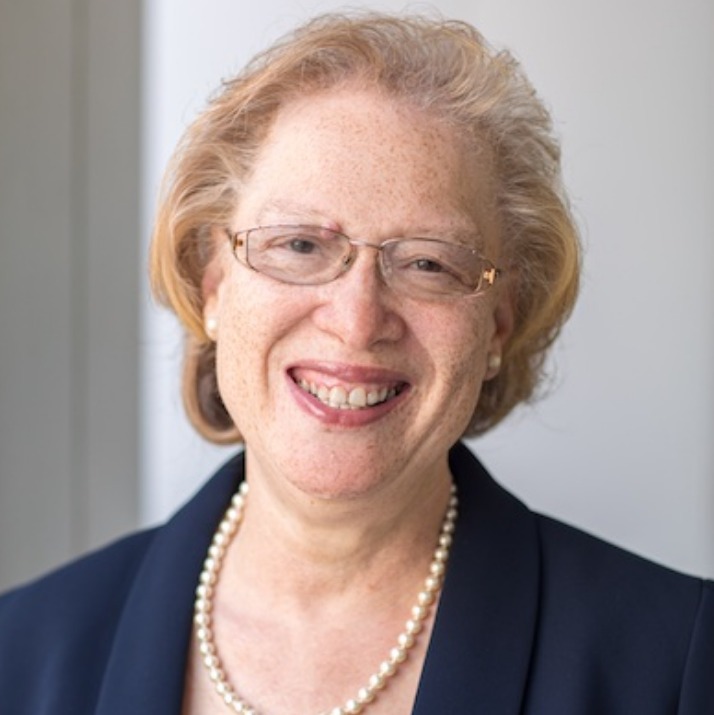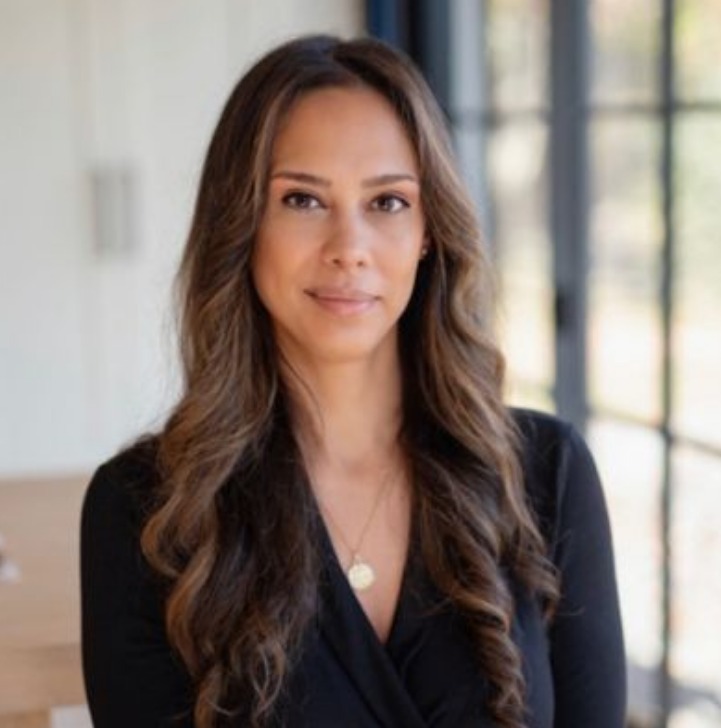Letter from the Advisory Group




The Connecticut Opportunity Project (CTOP) is dedicated to improving the educational and employment outcomes for young people whom many others have given up on.
New research from Dalio Education, CTOP’s founding organization, reveals that the collective failure in Connecticut, as elsewhere, to re-engage young people who are disconnected from education, the workplace, and other mainstream institutions is an unspoken crisis. Youth service providers work tirelessly to support the needs of the young people they serve, yet they are typically constrained by short-term and uncertain funding that eventually undermines their ability to effectively plan, innovate, and operate as well as to support program and staff development, which in turn often compromises their efforts and robs young people of what is sometimes their last hope of getting the help they need to get back on track in the youth to adult transition.
CTOP is designed to solve for this gap by making longer-term investments in nonprofits that serve severely off-track and disconnected young people and make an organization-wide commitment to a rigorous process of improvement. CTOP’s investments include general operating support and technical assistance that helps grantees to strengthen their management and administrative systems, as well as implement program design enhancements and staff training based on the best available evidence of effectiveness. Foundation and program staff embark on a long-term partnership in furtherance of positive outcomes for Connecticut’s most vulnerable population.
The report Connecticut’s Unspoken Crisis tells the story of a young woman named Cynthia, who struggled with social anxiety and chronic absenteeism in school. She was connected to Chris Arenas, a youth development professional at Domus Kids in Stamford who believed in her, advocated for her with her teachers, and never gave up on helping her to get to high school graduation. Cynthia credits Arenas and Domus for helping her to get to class on time and learn how to manage her strong emotions. Now she is a first-year college student with the goal to become a psychologist in the criminal justice system.
Cynthia’s story confirms CTOP’s underlying theory of change: all young people regardless of the obstacles they face can, with the right supports, reclaim a productive future and chart a successful life course. But to get there from where we are today will require Connecticut, as well as the nation more broadly, to take a longer-term view, to invest in organizational development, to hold service providers to high performance standards, and above all to believe in the power and the potential of every young person to contribute to civic, social, and economic life, at the community, state, and national level.
CTOP and the grantee partners in which it invests have embarked on a bold but vital collaboration to chart the way forward in the national imperative to prove that every young person like Cynthia can thrive when given the supports they need to overcome the barriers that prevent them from reconnecting to school and work. Connecticut has 119,000 young people who are at risk or disconnected. Their futures and our state’s future will depend on CTOP’s success and our willingness to make a similar set of investments in changing the odds too many of our young people face today.
Sincerely,
Gordin Berlin, Sam Cobbs, Carol Thompson Cole, Thea Montañez
CTOP's Advisory Group
